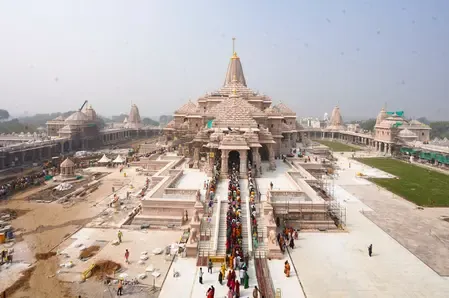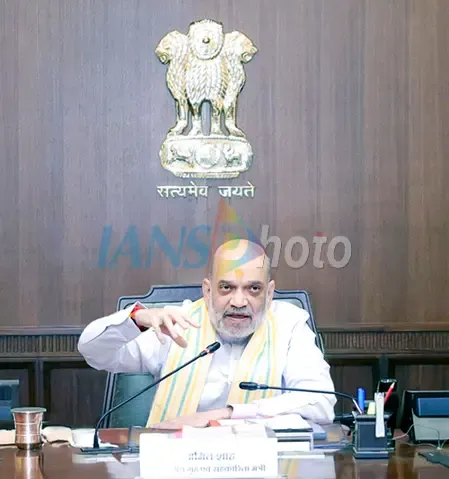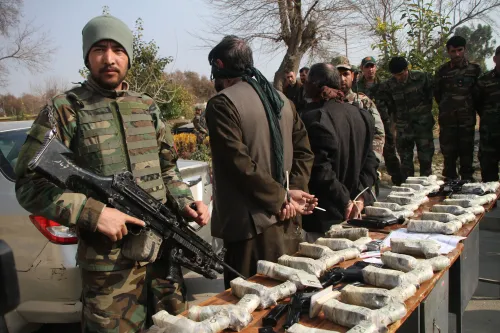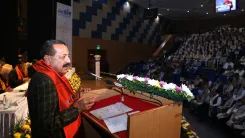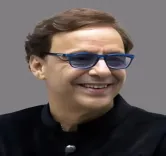Is It Fair to Compare Indian Muslims and Their Western Counterparts?
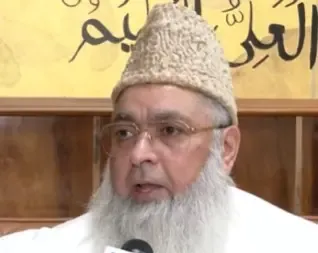
Synopsis
Key Takeaways
- Umar Ilyasi defends the position of Indian Muslims.
- Comparisons with Western Muslims are disputed.
- Opportunities for Muslims in India have increased recently.
- Calls for clarification and retraction of statements.
- The conversation highlights ongoing challenges faced by the community.
New Delhi, Nov 23 (NationPress) The head of the All India Imam Organisation (AIIO), Umar Ahmed Ilyasi, stated on Sunday that drawing comparisons between Indian Muslims and their counterparts in Europe is misguided, emphasizing that India has consistently shown respect towards its Muslim population.
“It is utterly incorrect to compare Muslims in India with those in the US or UK. The remarks made by Maulana Arshad Madani regarding Indian Muslims in relation to England and America are fundamentally flawed. India has always honored Muslims, and our country has had numerous Muslim figures in significant positions, including presidents, governors, chief ministers, and chief justices,” Ilyasi remarked in response to the comments made by Jamiat Ulema-e-Hind (JUH) President Maulana Arshad Madani.
Previously, Madani claimed that while Muslims can attain mayoral positions in major Western cities like New York and London, they are “blocked” from reaching top academic roles in India.
Ilyasi expressed that no amount of condemnation is excessive and added that Madani's statements have the potential to incite fear and unrest within the nation.
“Madani must retract his statement immediately. He should convene a press conference to clarify his remarks,” Ilyasi urged.
Furthermore, Ilyasi noted that opportunities for Muslims have broadened in recent years, particularly since the administration of Prime Minister Narendra Modi, with a record number of Muslim candidates being selected for civil services.
“Madani’s comments overlook these realities and mislead the public,” added Ilyasi.
The dispute arose when Maulana Arshad Madani asserted that Muslims in India are “systematically denied” leadership roles in higher education, particularly Vice-Chancellor positions at universities.
He further claimed that any Muslim appointed as a Vice-Chancellor would encounter repercussions resembling those faced by SP leader Azam Khan, suggesting that “the system would ultimately send them to jail.”
Madani also referred to Al-Falah University, alleging discrimination and asserting that the government has historically worked to hinder the progress of Muslims since Independence.
“Muslims are not incapable; rather, their confidence has been intentionally shattered,” concluded Madani.


